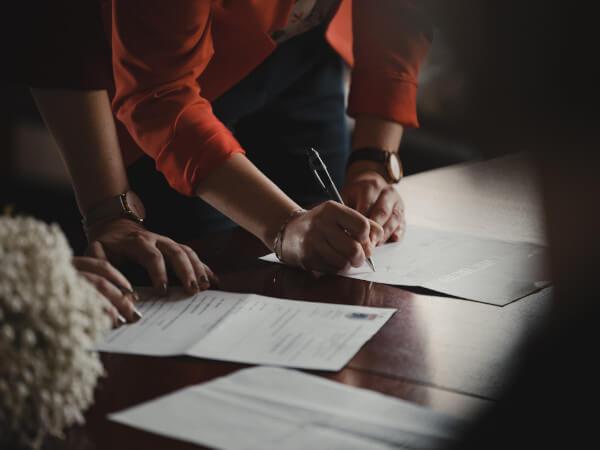Day: October 8, 2021
Don’t Say This to a Survivor
Whether counseling your client or in your opening statement, to call these people “lucky” shows a lack of empathy and risks insulting them. “You’re lucky the collision wasn’t worse.” “He was lucky the cops got there so fast.” “You’re lucky you were able to get out of the house before your husband could hurt you again.” Tone-deaf As attorneys, we often meet people who have suffered calamities. There is nothing lucky about needing major surgery. The business chief who uncovers intellectual property theft is not lucky. Whether counseling your client or addressing someone in your mediation opening statement, to call these people “lucky” risks insulting them. Yet, we misuse this phrase regularly. We tell the victim of a random criminal beating how lucky he is to only have his facial bones broken and bruised eyes swollen shut. We use the demeaning phrase “at least.” At least you weren’t killed. At least you didn’t lose your vision. As soon as you tell someone they should be thankful they aren’t worse off than they are, you have alienated that person. Empathy Neither is misfortune a contest. “Well, when I had my accident, the doctors said I would recover in a couple of weeks.” “Somebody else I know suffered this same trauma, and the injuries were much worse.” Any statement trivializing another’s suffering is a misstep. In evaluating cases, lawyers sometimes make the mistake of assuming everyone will have the same response to similar events. Because one person is able to carry on after a disaster doesn’t mean everyone has the physical stamina, mental strength, and family and work support system to do that. Some people suffer depression or a version of PTSD, post-traumatic stress disorder, all while appearing able to cope. Others become helpless to carry on their daily activities even in
Read More





